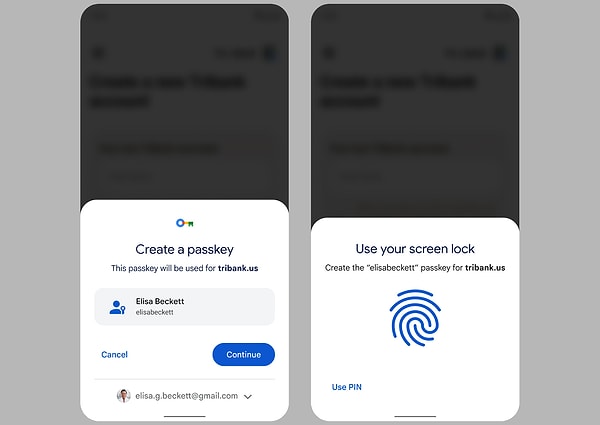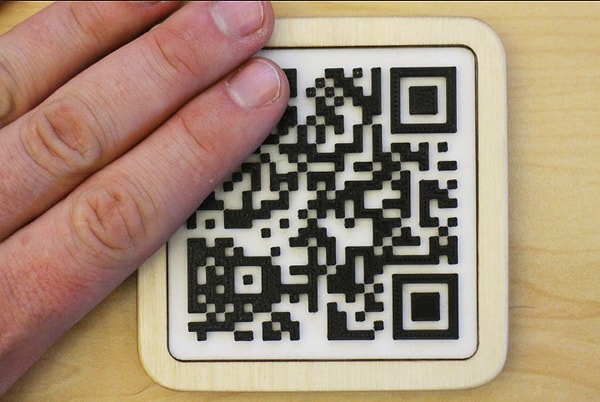Google Has Started Rolling Out Passkey Support For Android And Chrome
Google has finally begun implementing passkey support for both Android and Chrome, which means no more typing of looooong and ridiculous passwords, finally!
According to a blog post published on Wednesday, web administrators can now begin incorporating their technology into their own websites using the WebAuthn API, while developers can download the new Google Play services beta as well as use Google Canary to begin testing the authentication criterion inside their apps.

The new passkey support for Android and Chrome developers will allow key capabilities for cross-platform passkey authentications, such as allowing users to create and use their personal passkeys on their Android devices.
How to create your personal passkey
Generating a passkey on your Android device will require verifying that you wish to create one and then authenticating your identity via fingerprint, face scan, or a screen lock. Signing up is also easy, just simply verify your authenticity and you're prepared to go. Google Password Manager will also be responsible for your passkeys, and they will be immediately backed up into the cloud to avert lockouts if you end up losing your device.
In May, Microsoft and Apple also announced their support for utilizing passkeys, which implies that once integrated, these latest WebAuthn credentials, also known as FIDO credentials, will enable Google, Microsoft, and Apple users to log into their accounts without ever using passwords.

QR Code in passkeys?
Google also mentioned that, to start using a passkey, it begins the process via QR Code. We're guessing that this is simply a fast beta trick, but in order for the passkey pop-up notification to appear on your device, Google requires your computer to display a QR code, which the phone then scans. Soon, the first passkey pop-up should automatically open through the Internet, similar to the Google Prompt and other forms of two factor authentication.
Google's future plans for Android and Chrome include an API for native Android applications and an Android API for third-party password managers to integrate with. The company is currently cleaning up its act, but this should work across other systems in the future, so an Apple device could send a passkey to Chrome, and an Android device could send a passkey to Safari vice-versa.
Keşfet ile ziyaret ettiğin tüm kategorileri tek akışta gör!


Send Comment